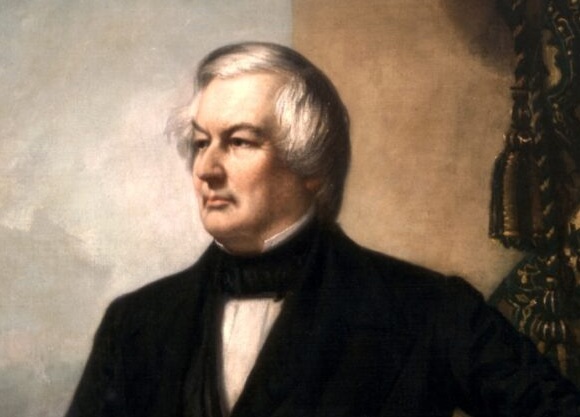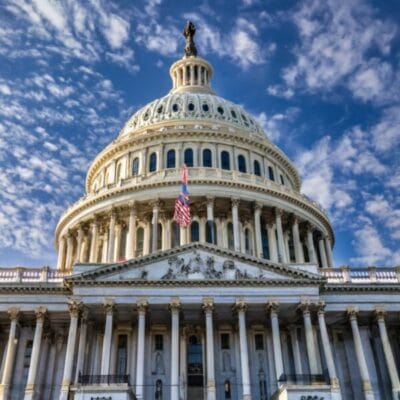Welcome to the inner sanctum of Congress, where laws are forged and decisions that shape our nation’s destiny are made. But hold on, there’s a secret sauce that has the power to sway the course of history – lobbying! Join us as we lift the veil on the persuasive art that makes Congress dance to the tune of special interests.
Lobbying: The Secret Sauce of Congress’s Decisions
Lobbying is the dance of influence, where individuals and organizations waltz into the halls of power to whisper their wishes into the ears of our elected officials. They’re not just there to make friends; they’re there to advocate, persuade, and occasionally cajole members of Congress into seeing the world from their perspective. It’s a game of give and take, where favors are traded and alliances are forged.
Lobbyists come in all shapes and sizes. There are the slick corporate giants, the earnest nonprofit organizations, and the humble citizen advocates. They bring with them a wealth of expertise, research, and data, eager to convince Congress that their ideas are the ones that should take center stage. And let’s not forget the lobbyists’ secret weapon – the art of building relationships. Over dinners and golf outings, they cultivate friendships and sow the seeds of influence that can bear fruit when votes are cast.
Unveiling the Power of Persuasion Behind the Scenes
Lobbying is not about brute force; it’s about persuasion. Lobbyists have mastered the art of presenting their arguments in a way that resonates with members of Congress. They tap into their values, appeal to their priorities, and paint vivid pictures of the consequences if their bills don’t pass. Lobbyists also know how to play the long game. They patiently build support over time, attending hearings, submitting testimony, and never missing an opportunity to remind Congress of their cause.
But let’s not be naive. Lobbying is not always a force for good. There have been instances where lobbyists have used their influence to advance their own selfish interests or to stifle the voices of ordinary citizens. That’s why it’s crucial for us to be vigilant and to demand transparency in the lobbying process. We need to know who is lobbying Congress, what they’re advocating for, and how much money they’re spending. Only then can we ensure that the decisions made in Congress truly reflect the will of the people, not just the loudest voices in the room.
Lobbying is an integral part of the political process, and it’s not going away anytime soon. But by understanding how lobbyists operate, we can hold them accountable and make sure that their influence is used for good. Let’s celebrate the art of persuasion but also demand transparency and integrity. After all, the future of our democracy depends on it.



